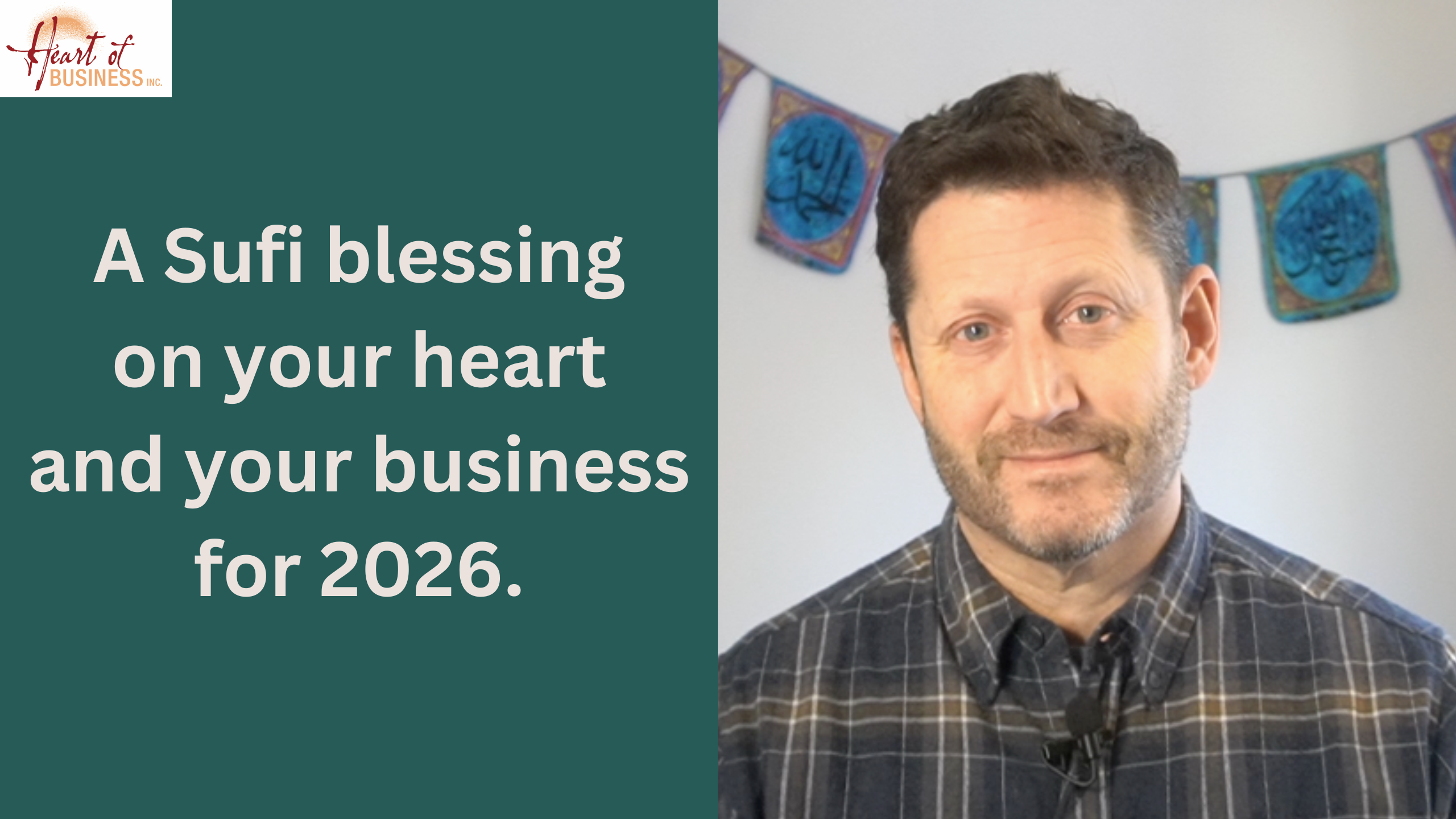This morning I found an email from a client who asked this painful question about working together as spouses:
We are happy at work together, inspired, having fun, working to help people in a real way. But…there are things to be done at the clinic, big and small things, and from my perspective done well and “now”!
My husband is awesome at work but he is not “me” and we can go from cheery and feeling on top of things at work to angry and disconnected very suddenly. Then we both hurt and feel alone. I get anxious and want more done and he backs off and wants to flee. Same dynamic at home. Yikes …bla, bla all my personal stuff.
How do we bring some peace to our work dynamic and home dynamic and how are the two separate but related?
One “rule” he has is to not talk about work at home – sometimes I find that almost unbearably impossible, given our day at work is busy and we rarely have time to connect about work stuff at work. Plus, I just get filled with ideas and inspiration and sometimes just a to do list and he is the one I want to share these things with and home is often the place where we are when I want to talk about it.
Working together as spouses is quite a journey. I grew up in a home where my parents worked together running a retail store, and still do, and there was constantly talk about the store. Holly and I did work together until the twins arrived, and now she’s on an extended maternity leave.
I love it, and here are some of our tips and tricks that have made it work for us.
1. Check out the Enneagram.
 The best book on the subject in my humble opinion is the Wisdom of the Enneagram. The Enneagram is a holistic, heart-centered, somewhat sufi-associated personality typing system. The benefits are that once you get your type and your partner’s type, you can begin to see something of your patterns. And, you can also get what each of you is really needing, and what your preferences are.
The best book on the subject in my humble opinion is the Wisdom of the Enneagram. The Enneagram is a holistic, heart-centered, somewhat sufi-associated personality typing system. The benefits are that once you get your type and your partner’s type, you can begin to see something of your patterns. And, you can also get what each of you is really needing, and what your preferences are.
It’s been invaluable for me to understand how and why Holly acts in such crazy ways sometimes, when I know I’m being perfectly rational and doing things the “right” way. (What? Oh… Did it again… busted… Sorry, honey…)
Anyway, you get the idea. Totally worth investing in the book, taking the test, reading about your type, and checking it out.
2. Have business meetings.
 You need to have time away from the office where you can think in larger, strategic, or heart-centered ways about the business, and making time for those discussions is critical, as impossible as it sometimes seems.
You need to have time away from the office where you can think in larger, strategic, or heart-centered ways about the business, and making time for those discussions is critical, as impossible as it sometimes seems.
Communication is SUCH a key component of running a business, and it’s often seen as “in the way” or “taking up too much time.” I recommend a book Death by Meeting by Patrick Lencioni- in fact, all of his books rock. He has a meeting structure that I think may help smooth out the bumps, and still meet your needs for discussion and clarity.
3. Good systems are not optional.
![]() For to-do lists and tasks that are swirling around, if you have a good system, especially a cloud-based system (meaning online accessible) then you can take five minutes, type it in, and leave it alone so you don’t have to hold onto it. Then you can talk about it at another time. We use, and highly recommend, Norada’s Solve360. It’s integrated in a way that 36signals stuff isn’t.
For to-do lists and tasks that are swirling around, if you have a good system, especially a cloud-based system (meaning online accessible) then you can take five minutes, type it in, and leave it alone so you don’t have to hold onto it. Then you can talk about it at another time. We use, and highly recommend, Norada’s Solve360. It’s integrated in a way that 36signals stuff isn’t.
Because you and your partner most likely have different personality types, you will deal with information in very different ways. Having a system to hold the information is going to mean that you can each interact with it in a way that works.
4. Nonviolent Communication
 Marshall Rosenberg wrote an amazing book, Nonviolent Communication. It kicks butt for keeping challenging conversations from escalating– if it can work in the middle of wars, it can work in your partnership. I recommend it HIGHLY.
Marshall Rosenberg wrote an amazing book, Nonviolent Communication. It kicks butt for keeping challenging conversations from escalating– if it can work in the middle of wars, it can work in your partnership. I recommend it HIGHLY.
Also, you can sign up for LaShelle Chardé’s newsletter– highly recommended, and she’s a former client. She’s one of the few NVC trainers I’ve had experience with who speaks it fluently, as a language, with a real transmission, as opposed to just teaching it as a technique.
5. It’s Okay to Fight.
One of the greatest lessons Holly has taught me over the years is to be comfortable with anger, even, and perhaps especially, from loved ones. The first time I really let anger out, this was years ago, and yelled at her, she just laughed. Meanwhile, I had scared myself so badly with my own anger that I started crying.
It was huge to know that being upset didn’t mean the end of a relationship. This may seem obvious to some, but it can be hard to remember. Not that you want to have a knock-down drag-out of a row, and there are definitely ways to express anger and other emotions in effective ways that don’t escalate, but it’s okay to have a dust-up every now and again.
Working With Your Spouse Rocks!
I have to admit that I loved working with Holly, and I miss her in the business since she’s been doing the mother thing these past months. However, to have it work well it does take some real work on the five points above.
At least, that’s what we’ve learned from 15 years of relationship, and 10+ years of self-employment.
And you?
What are your stories, advice, thoughts, or questions about working with an intimate loved one?







1 Response
My wife and I have been working together for the past 10 years we’ve been together. It works! It just keeps getting better and better. I hope we can always work together!